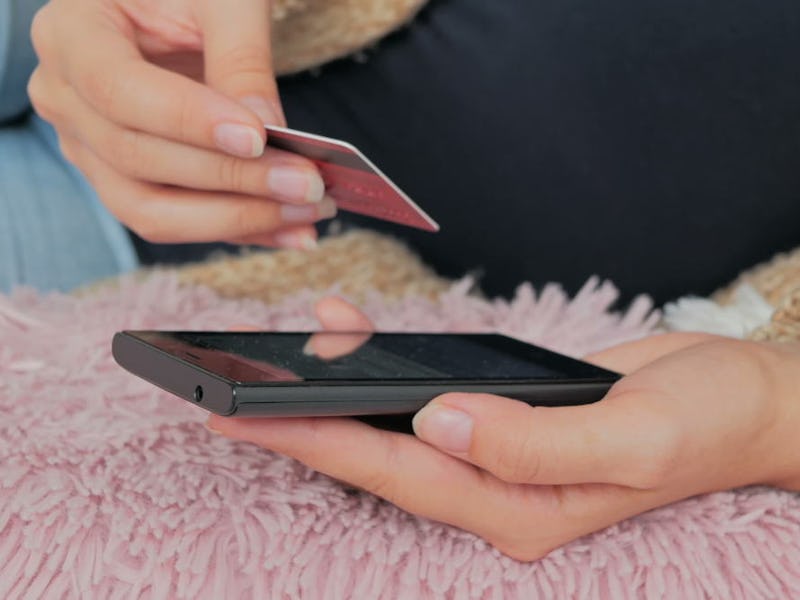Don't Let Your Holiday Hangover Turn Into a Credit Hangover With These 3 Tips
Time to assess the damage.

Holiday travel is the common time to get scammed or simply to spend a little more than we meant to. No one wants to say no to the barbecue host that asks them to pick up an extra bottle or two or drag over a few much-needed bags of ice (there’s never enough ice.)
Indeed, despite falling in the middle of the week, happy patriots are still expected to spend nearly $7 billion celebrating this year’s Independence Day, with most of that money going to food, fireworks, and booze. According to the National Retail Federation, the go-getters in the age group between 18 and 24 are even more likely to be celebrating.
Particularly if you’ve picked up some new plastic in the recent months, remember that racking up a balance doesn’t score you any points as far as your credit score is concerned. In fact, while carrying a small balance certainly isn’t the end of the world, more than one out of every five credit card consumers actually think it’s good thing, according to a recent CreditCards.com survey.
This misconception that carrying a credit card balance is beneficial might be hurting young people’s finances, CreditCards.com’s Brady Porche tells Inverse. Here are three things to do for your credit score that actually will help.
Make Extra Payments
It’s not quite clear why so many people think carrying a credit card balance is a good thing, though some may be conflating carrying a credit card balance with carrying a credit card at all. As long as you pay off the balance before the end of each payment period, you’re getting all of the perks of credit card use without any of the drawbacks or interest payments.
“There’s a persistent myth that carrying a balance can help your score,” Porche says. “But the lower the credit utilization the better your credit score is going to be.”
Credit utilization is credit bureau speak for “how much of your available balance have you used.” Typically, credit card companies like to see a utilization of around 30 percent at the most, ideally even lower. So if you racked up some extra charges last night, consider making an extra payment this morning so you credit score can be set aright.
Request Credit Limits and Waived Fees
On the other hand, you can improve your credit score by asking your bank or issuer to increase your credit limit. If your amount of available credit goes up and your spending stays the same, your credit score will improve.
Getting higher credit limits is easy enough if you demonstrate responsible behavior, enough so that your bank may end up issuing one automatically if you have a strong payments record.
The one main caveat to keep in mind is that requesting a higher credit limit might prompt your bank to check you out by running a credit report, which can ding your score (this makes sense, someone who’s constantly asking to borrow more money or open new cards is probably more of a credit risk.)
Hold On to Your Old Cards
The importance of credit utilization may be less a case for signing up for a bunch of new cards than it is holding on to your old ones in case of emergency, since the length of your credit history is also a factor in your score. This is one reason why older credit card consumers tend to have much higher scores.
Porche says this is a case for occasionally using your old credit cards even as you graduate to better ones.
“If you never use it for a long period of time, the issuer may close it,” Porche says. “That could hurt your credit by making your utilization go up.”